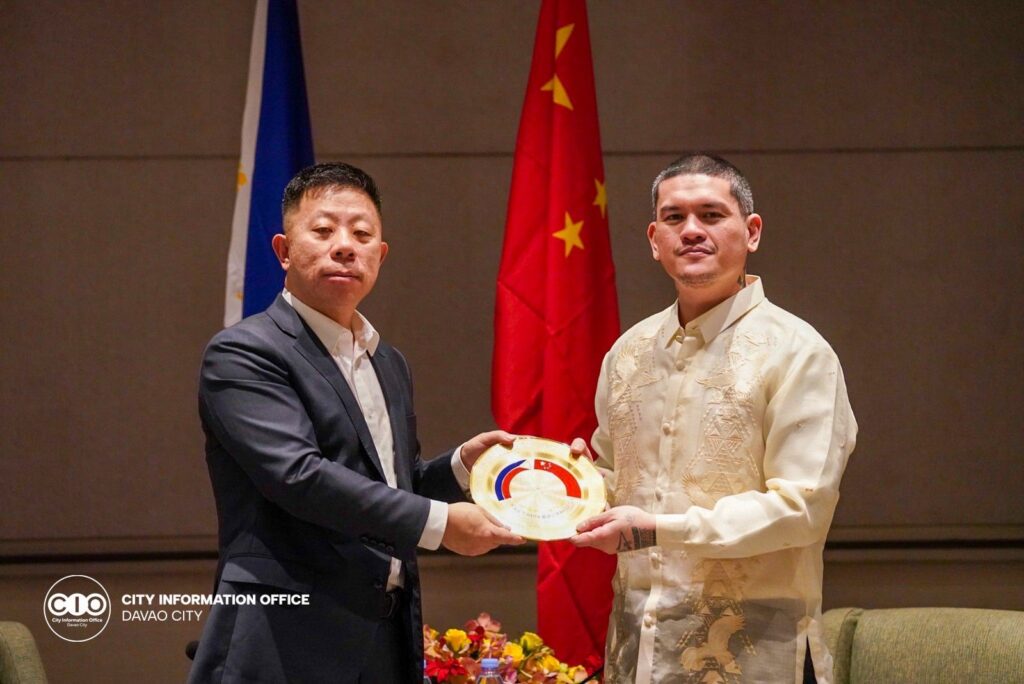Artificial intelligence (AI) is no longer just a futuristic concept; it’s here and increasingly part of our everyday lives. From the devices that help us stay organized to the apps that offer personalized recommendations, AI touches many aspects of daily activities. For Filipinos, integrating AI more deeply could mean smarter technology that doesn’t just automate tasks but enhances the quality of life across various fronts. The question is, how can we harness AI to unlock its full potential, and what steps can the government take to maximize its benefits for all Filipinos?
In everyday life, AI-powered tools can simplify daily tasks and boost productivity. Imagine having AI-enabled applications for public services, where one could access essential documents or resolve issues in minutes instead of days. Or consider how AI in transportation could help alleviate traffic congestion, optimize routes, and reduce the frustration of daily commutes. With more AI-driven systems in place, Filipinos can look forward to more efficient and personalized services that make life easier and more manageable.
One area where AI can make a transformative impact is education. AI can offer personalized learning experiences, catering to students’ individual needs and helping them learn at their own pace. Secretary Sonny Angara, a known advocate for progressive education, has shown an appreciation for technology’s role in modernizing learning. With AI integration, educators can track each student’s progress more effectively, ensuring that no child is left behind. Whether it’s through virtual tutors or adaptive learning platforms, AI could help Filipino students become more engaged, empowered, and ready for future challenges.
Beyond the classroom, AI holds the potential to reshape how the Philippine government delivers services to its citizens. From streamlining administrative processes to reducing bureaucratic delays, AI could revolutionize government operations, making them faster and more efficient. Imagine applying for permits or processing documents online with minimal human intervention, reducing errors, and shortening turnaround times. This kind of system would ensure that citizens’ concerns are addressed swiftly and accurately, enhancing overall trust in public institutions.
As Secretary Angara continues to champion technological advancements, AI’s role in governance becomes increasingly relevant. The government can create transparency, make data-driven decisions, and better address public concerns by implementing AI solutions. For instance, AI could be utilized to analyze public sentiment, providing insights into citizens’ needs and feedback. This improves service delivery and fosters a sense of inclusion, where every Filipino feels heard and valued.
For Filipino society as a whole, a comprehensive AI strategy could drive economic growth and boost innovation. AI can empower small businesses by enabling more efficient customer service and marketing, allowing them to compete on a larger scale. Farmers, too, could benefit from AI technologies that optimize crop management and predict weather patterns, helping improve agricultural productivity and food security. If adopted widely and responsibly, AI has the potential to uplift marginalized communities and drive progress across every sector.
To ensure AI’s success, however, there must be strong government leadership. The potential for AI in the Philippines is boundless, but it requires a supportive framework that encourages investment and facilitates training programs. By collaborating with educational institutions and tech companies, the government can build a skilled workforce ready to embrace AI. Properly equipped with the knowledge and resources, the Filipino people can fully benefit from the advancements AI brings.
As we look forward to the next few years, AI development and implementation need to become a national priority. President Bongbong Marcos Jr. has an opportunity to position the Philippines as a leader in AI adoption in Southeast Asia, which would not only elevate the country’s international standing but also directly benefit Filipinos. With three years left in office, prioritizing AI could be one of his administration’s most impactful legacies.
In a call to action, we urge President BBM to put AI at the forefront of his administration’s agenda. By focusing on AI-driven policies and initiatives, the Philippines can become a more efficient, progressive, and inclusive nation. The journey to a brighter future starts with recognizing AI’s transformative potential and making it a top priority for the years to come.#
Rafael “Raffy” Gutierrez is a veteran Technology Trainer with over 25 years of experience in networking, systems design, and diverse computer technologies.




